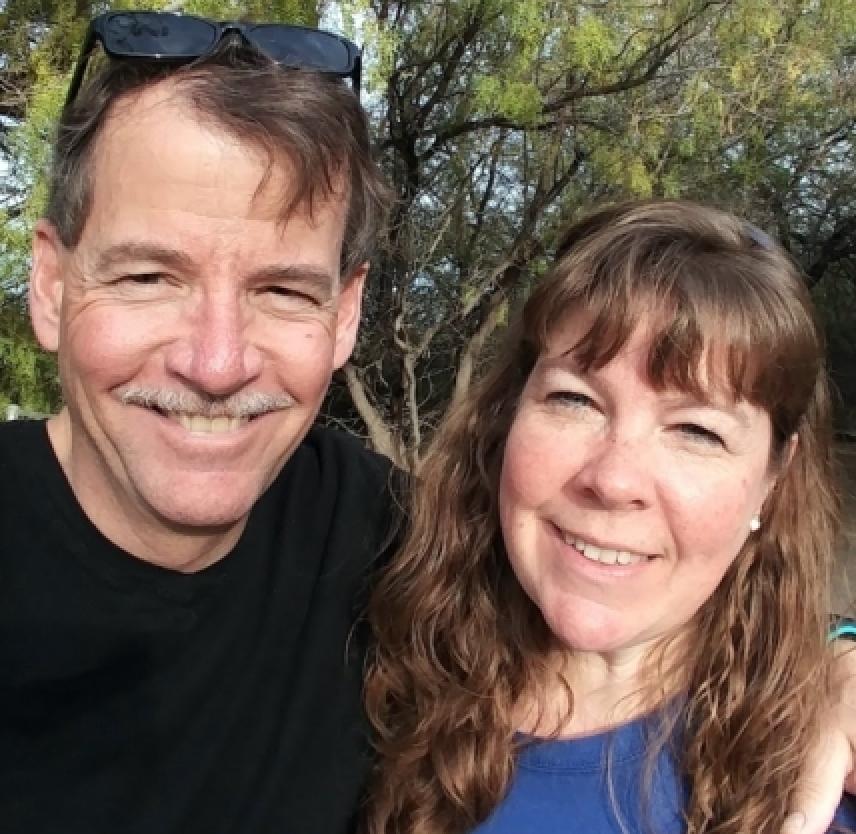
Over the last few years, the weeks leading up to the holidays have been full of suggestions about how to get through the busy season as a brain injury survivor. There seems to be no shortage of helpful tips and tricks.
The lead-up time to the holidays brings with it a unique set of challenges for those affected by brain injury. There are social get-togethers to be navigated, more financial pressures to deal with, and changes in family dynamics.
But what about recovering after the holidays? What do you do after the tree comes down, the guests are gone, and all is a bit quieter? You might think that this is an easier time. The holiday stress is now in the rearview mirror; we quietly hope that life can resume some degree of normalcy.
While this is true for most who do not live with the daily challenges of brain injury, those of us who live with post-concussive challenges very often find the time after the holidays to be even tougher. For most people, this isn't something ever considered. This I know from firsthand experience.
As a brain injury survivor, I need to work harder at things that most people take for granted. Simply put, it takes me longer to bounce back. If I choose not to honor my new limitations, the price I pay can be dreadful.
A few years ago, in a fit of naiveté, my wife Sarah and I vacationed in Disney World with reckless abandon. "Let's take a break from all this TBI stuff," I said in a moment of perceived brilliance. For the next few days, we played, and we played hard. Frankly, it felt great—until the crash.
We came home after our short trip, and I found myself broken. Exhaustion and brain fog reigned supreme. It was well over a month until the worst of it was over. Looking back, I can now see that I ignored my new limitations and suffered the consequences.
But holidays are a bit different. Unlike choosing when to take a vacation, we have no choice about the timing of the holidays. Like it or not, here they come. Since my brain injury, my wife and I don’t socialize or go out as much as we once did. But even a scaled-down holiday season brings extra work, play, and stress, and with it comes the post-holiday exhaustion.
As the years continue to pass, my understanding about how to effectively manage this post-concussive life continues to grow. I now have a post-holiday recovery strategy.
First things first, I remind myself that I will need some time to recover. It's not an overnight process. It may take a few days, but it might also take me a few weeks to bounce back. Such is the unpredictability of life after a brain injury.
Next, I need to go back to basics. I try to set an easier life pace for a while after the holidays are over. I allocate a little more time for things. This helps take the pressure off. It may sound corny, but a bit of extra "be kind to David" time goes a long way.
I'll do the best I can to take regular breaks during the day - something not easy for a guy like me. As odd as it sounds, physical exercise is important to me, even when I’m exhausted. I try not to forget my own commitment to daily cardio - something that has been one of the biggest pieces of my own personal recovery.
Getting to bed at a regular time and being mindful of my diet round out my post-holiday recovery plan. Much of this might sound like common sense, but as a survivor, I need to be reminded of things that others do intuitively.
By following a few good common sense suggestions, experience has shown that I can shorten the after-holiday burnout. And it would be perfect if I could find an easy way to lose that five pounds I put on last month.

Comments (3)
Please remember, we are not able to give medical or legal advice. If you have medical concerns, please consult your doctor. All posted comments are the views and opinions of the poster only.
Anonymous replied on Permalink
Exactly!!!!! And what an on point comment "It's nice to be known".
Anonymous replied on Permalink
It is nice to be known. Thank you for all you do.
Anonymous replied on Permalink
Yes, I find depression can attack after the holidays. So I try to pace myself, saying "it's okay to relax", but I must somehow force myself to get up and exercise. That is the hard one for me lately. But I know this head pain is daily even with or without exercise. So get moving, yikes. Any kickers to motivate me? I'm 62 in Feb.